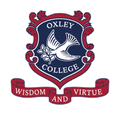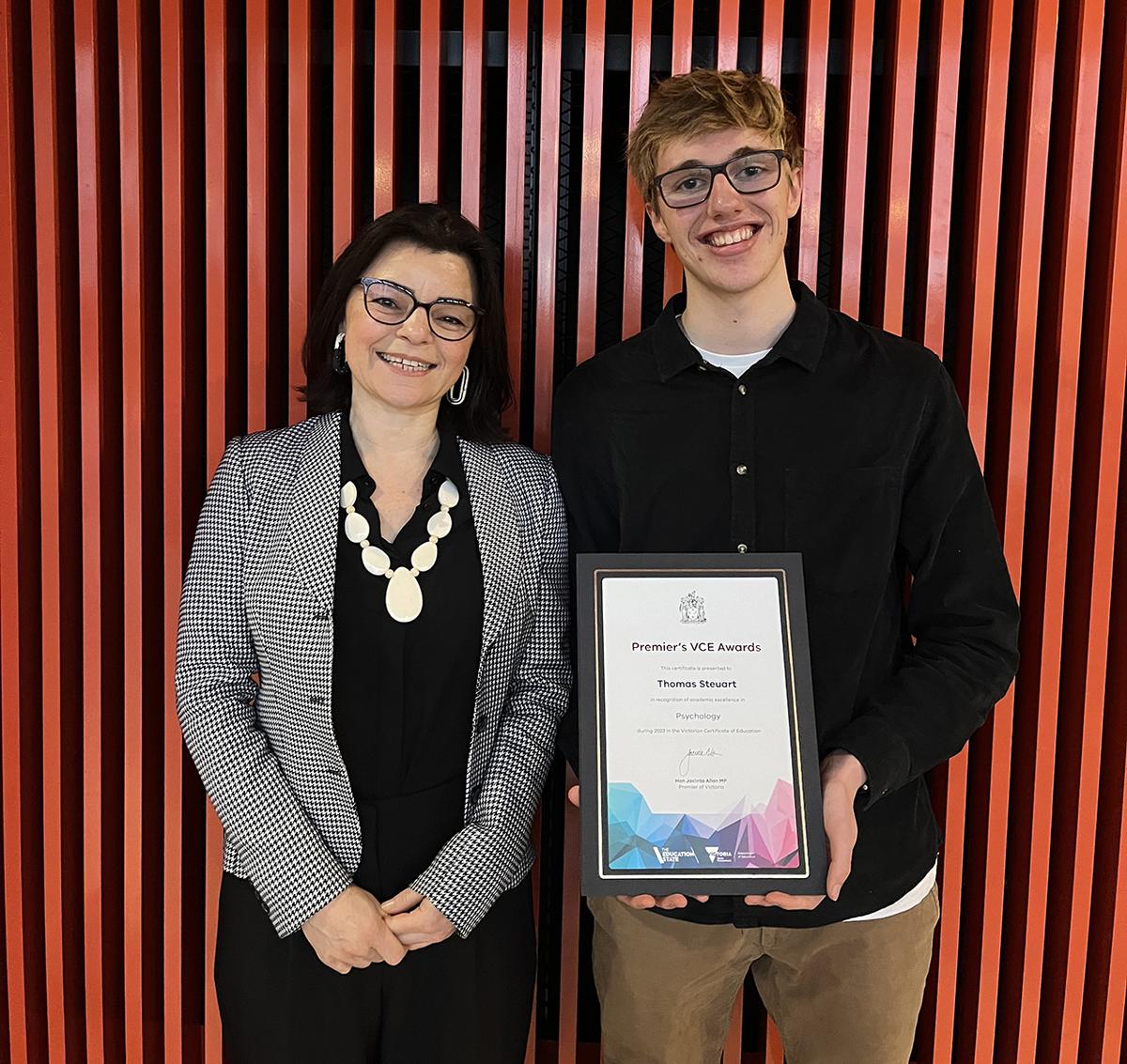From the Principal

Dear Friends,
Having welcomed our College community to the new Semester, we are celebrating some wonderful occasions and still looking forward to others. Congratulations to the Prep team on celebrations for the 100 days of School 2024. Our excited little people enjoyed the celebrations of this great achievement. Some amazing Dress-ups were evident, pointing me to how one might feel in an impending retirement.
We are again celebrating a highly impressive Senior School musical production. Congratulations to the cast and crew for a fabulous event, securing yet another Performing Arts achievement that will long be remembered. I have no doubt, the upcoming Junior School production of Finding Nemo JR will also be another occasion of excellence and joy. We have certainly been blessed by the talent of students in the Arts.
Add to this the Mega Chapel event, excursions and competitions that have come and gone, we can see this term is certainly going to be packed full of action.
On behalf of the College community, I congratulate Thomas Steuart (Class of 2023) for receiving the Premier’s VCE Award for Psychology. Tom and his family celebrated this achievement at a recent ceremony in Melbourne, that was joined by his Psychology teacher, Ms Kate Broadley. It was a fabulous occasion for the 2023 Dux of Oxley and one that rightly honoured his achievements.
On the topic of student achievement, this week we read of another Australian State Premier who has taken steps to renovate the Australian curriculum in public schools. Among the many complex reasons for Australia’s international test results going backwards is a failure of classroom instruction. Despite record government spending in education, we know that a third of 15-year-old Australian students do not have the reading skills to perform adequately in year 9. And while Victoria has recently introduced a return to phonics-based reading instruction, the teacher’s union, Australian Education Union (AEU), has told its members to ignore this methodology. The AEU is not alone in promotion of the alternative failed pedagogies. Many journalists and bureaucrats share the culpability.
Many reasons for poor academic performance continue to be cited. It is worth noting among students they include lack of meals, lack of sleep, addiction to social media, addiction to drugs, a lack of evident purpose in education and a lack of family commitment to schooling. Among school reasons are a lack of curriculum leadership, a tolerance of declining standards in student behavior, a focus on child-based interests and imagination rather than explicit and direct instruction of skills, a lack of formative assessment and valuing of independent learning. Add to these the philosophical and political or ideological reasons that promote a general progressive philosophy around curriculum, the socialist struggle for equality through curriculum, all the components of postmodern critical theory, the abandonment of good pedagogical practices that are seen by progressives as being normative and conservative, a lowering of entry standards required for teacher training, and a lack of appreciation for the role of standardized assessment of both student and teacher training.
Despite this perhaps depressing list of factors that contribute to our national predicament in education, there are signs of hope. Deeply connected with an education of the soul, of intellectual wisdom and spiritual wellbeing, the Christian Classical Education model has resurfaced in the USA. There is also some interest evident in Australia. An advocate, Andrew Kern has shared some significant comment with John Anderson on this matter.. I commend this conversation on YouTube.
This conversation emphasises the Christian Classical approach to education (CCE), that cultivates wisdom and virtue. In this framework the soul is nourished by whatever is true, good and beautiful in life and in student studies. But it goes way more deeply into the framework that endorses intellectual integrity related to certain transcendent realities, and what he calls coherence between pedagogy and the ways we assess students. This is not an easy exploration of CCE, but it certainly addresses the issues that contribute to our postmodern approach.
Furthermore, in a 2020 comparative study of Classical Schools life outcomes of their alumni, it is abundantly clear that by huge margins, classical education has a high positive impact on careers, independent thought and outlook on life. (See ACCS: Good Soil Report 2020).
At Oxley, we also understand the intellectual virtues and the need for direct instruction alongside the active learning models. But we also trust the embedding framework of explorations into truth, goodness and beauty as objective entities in God’s creation. Hence our college vision of delight in God’s love that is expressed through inspired learning.
Warm regards,
Dr Douglas Peck

